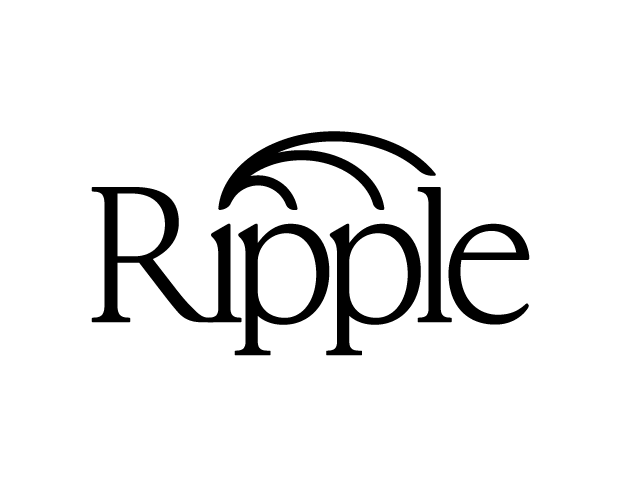What is surftherapy?
Any surfer will tell you that surfing is therapeutic. But, of course, there is more to it than that! All over the world there are organizations that offer surf therapy for a wide range of people. For example, there are groups that focus on people who have endured trauma, struggle with grief, children with autism , down syndrome or other developmental disabilities, people with physical challenges such as amputations or muscular diseases. The list is endless.
Research on surf therapy is now beginning to take off, but research on the individual aspects that come together within surf therapy has existed for some time. Below is an overview of the elements that make surf therapy successful:
Being in nature, and more specifically, in water, creates calmness
Physical exercise is good for mental health
Surfing is an activity that promotes flow-states
Surfing is something you do together
Continue reading below for a detailed explanation…
Water:
Being in or near the ocean has a positive impact on mental well-being for several reasons. One of the main reasons is that the ocean has a calming effect on the mind, which can help reduce stress and anxiety. The sound of the waves and the smell of the sea can have a therapeutic effect and help create a sense of calm and relaxation.
Scientific studies have shown that the ocean can have a positive impact on our cognitive abilities as well. For example, proximity to the ocean can improve attention, memory and creativity. Moreover, the ocean can put life into perspective and remind people of their place in the world, which in turn can help reduce feelings of stress, depression and anxiety.
Physical exercise and learning to surf:
The physical exertion and challenge of learning a new skill can help release dopamine, adrenaline and endorphins. All of these neurotransmitters are beneficial because they help create a sense of focus and concentration, reduce stress and anxiety, and promote feelings of pleasure and well-being. This, in turn, creates better mental and physical performance, better problem solving and decision making, increased creativity and productivity, and general well-being.
Flow:
Surfing is an activity that requires all of your attention in the moment. When you are completely in the moment, we call that a "flow-state. Flow states are important for mental health because they are associated with feelings of euphoria, increased concentration and a sense of well-being. These feelings can help reduce stress, anxiety and depression, and can improve overall mental health.
Additionally, flow states have been shown to increase creativity and productivity, which can be beneficial for both personal and professional development. What happens within surf therapy is that people report that while surfing, they experience an absence of negative thoughts, causing a calmness that was previously unknown to them. Steven Kotler, an expert on flow states, states that by understanding and learning how to deal with flow states, people can improve their mental health and overall well-being, and we agree!
Surfing together
An important part of surf therapy is the social aspect.
Research that most people who are not in the best place mentally, often also experience problems in the social domain. Of course, this does not mean that these people are incapable of making and maintaining friends and relationships, but it does mean that when things are not going so smoothly, you may have less room for others. Getting into the water with the other participants creates a sense of connection, after all, fun is the only thing that gets bigger when you share it! Besides the surfing, we do a lot together. This allows us as a group to get comfortable around each other, we can share and support or encourage each other when needed. At the end of the program you go home with a whole group of new connections that will make your life richer.
Interested in how we integrate surfing in
our therapy program?



